Learning at TSU
Learning at TSU
Biblical Languages
Archaeology & Biblical History
Archaeo-Cinematography
Apostolic Theology
Christianity in Hebraic Studies
Creative Writing
Sacred Arts
University Studies
Modular coursework
Courses & methods designed to fit your life.
One significant difference between the traditional university course and Trinity Southwest University’s curriculum is its modular system. Not only can you work at your own pace, but you can also complete your course requirements in ways that best suit your personality, background, experience, talents and goals.
Where traditional universities generally award semester credit hours (SCH) based on attendance, homework, and examination performance, TSU semester credit hours are based on the completion of modules within each course. Each module is a learning experience.
This unique modular structure enables TSU students to accelerate through their degree programs, not outside the routines of their established lives, ministries and professional responsibilities, but within the context of, and by means of, those routines.
Each course includes numerous modules, depending on the number of its semester credit hours. A course of 3 SCH consists of six modules, which typically are focused as follows:
- Module 1: A required foundational module covering principal and supplementary material for reading and research.
- Module 2: A second required foundational module listing essay instructions and questions that both guide your reading and learning experiences, and allowing TSU faculty to assess your comprehension of the materials. This is the Assessment of Guided Learning.
- Modules 3-6: You select the remaining four modules from a sizable list of options that include a wide range of learning activities, such as attending lectures and seminars, research and writing projects, vacation seminars, application in your ministry or workplace, and additional reading. These modules allow you to take advantage of the learning modules that fit your individual aptitudes and learning preferences
Opportunities for students local & across the globe.
Lectures/Seminars



Distance Learning

90% of students at TSU are Distance Learners
Adult Education
Advanced Christian training
Through TSU’s Advanced Christian Training (ACT) program, you can enjoy course lectures and open seminars for your personal learning pleasure (not for credit). (Taking a course lecture/seminar through the ACT program is similar to “auditing,” except that TSU does not provide a transcript record of your participation.) The cost of taking a course lecture/seminar through the ACT program is only $95.
Continuing Education
TSU courses can be taken to fulfill a variety of continuing education needs (contact your employing institution or organization for approval). TSU is approved by the Association of Christian Schools International (ACSI) as a provider of continuing education credits in Biblical Studies, Theology and Apologetics. The cost is $50 per CEU credit.
Certificate/Diploma Programs
TSU non-degree certificate and diploma programs are often the answer for those who do not want to pursue a degree, but who still want to experience learning in an academic context. You can earn a certificate from any of TSU’s eight colleges by completing the Foundational Learning Modules and four additional module (see course syllabi) for five courses. The total cost of a certificate program is $1000. You can earn a diploma from any of TSU’s eight colleges by completing the Foundational Learning Modules and four additional modules (see course syllabi) for ten courses. The total cost of a diploma program is $2000.
Portfolio Credit
Real-Life Experience is valuable and can count as credit towards your degree
TSU may grant portfolio (equivalent) credit for life, work, and ministry experience. Portfolio credit may also include military training, College Level Examination Program (CLEP) exam scores, and continuing education hours and units. The Registrar can help you identify the documentation needed to substantiate portfolio (equivalent) credit. It will be your responsibility to exhibit the appropriate level of study during your program. Any deficiency in regard to the college you are enrolled in may require additional work to achieve an acceptable standard of performance.
